Why God Didn’t Even Exist in the First Place
October 30, 2015
I was writing away mindlessly in my philosophy class, taking notes on my peers ’presentation on
Western Philosophers. I was copying down word after word until I stopped, hearing something that startled me. The presentation, on Friedrich Nietzche, contained his famous quote, “God is Dead.” Though the most likely response to this quote is “Oh dear, we’ve killed God,” my immediate response was a scoffing “God didn’t even exist in the first place.”
Now, despite what you believe, it is an undeniable fact that there are multiple arguments that support the fact that God does not exist.
The argument most people would immediately jump to when justifying why God doesn’t exist is asking the question, “If God is a benevolent being, why is there suffering in the world?” On a global scale, there are many things in the world that are, let’s face it, truly terrible.
Take war for example. To me, I have no idea how anyone can justify killing other humans in the name of God. This can be seen today as well as over the centuries. In many years past, especially before the Enlightenment era, one can observe that almost every war was fought because of God. For example, this can be observed in the religious Crusades and Holy Wars of the various Popes in power in Rome. These wars started in 1095 and continued throughout the twelfth and thirteenth centuries. One can argue that these wars occurred solely because the religious leader of Christendom did not agree with the religion of another group of people. Religious disagreement is not a justifiable reason as to why people should kill others. The same can be observed today, only instead of open warfare, the killing of others for religious disagreement has evolved into terrorism. For example, the ongoing terrorism attacks between the Israeli and Palestinian individuals are disputes that cause hundreds of deaths in Israel and Palestine annually. Though commonly, especially in the media, each side points the terrorism finger at the other and declares they themselves are only responding in an effort of defense, both countries are fueled by the belief that their actions are caused by a religious foundation.
Aside from war, disease is another example of how humans suffer. Malaria is responsible for millions of medical illnesses and hundreds of thousands of deaths annually. In 2012, the World Health Organization (WHO) conducted a study of Malaria and concluded that 3.4 billion people live in areas that are at risk for Malaria exposure. It is important to realize that 3.4 billion is about half the global population. The WHO also reported that about 207 million people were hospitalized due to Malaria, and caused approximately 627,000 Malaria-related deaths. Now to me, the deaths of over half a million people and hospitalization of 1.5 million others is a sure sign that there is no benevolent being that is “watching over all his children.”
Another argument I support against the theory of a God is human understanding of things that once had no explanation. As we as human beings have developed over time, and our understanding of the world around has also developed, we have become less ignorant to the “hows” and “whys” of the world. Thousands of years ago, humans may have experienced rain and questioned, “Why is there water falling from the sky?” Back then, “God is causing it,” may have been an appropriate and acceptable response. But now that we can study the world around us and make reasonable conclusions, we can determine that in reality, there has never been a God controlling all that is around us, and that everything has an explanation, we need only to find it.
For me, the most important issue I have against God is the same issue I have for everything I approach in the world: If I don’t know that it is true, if I can’t prove it, then I do not believe it. Just agree for a moment that you can prove everything with your senses. I have never had any type of interaction with, let’s say, Santa Claus. When I was a child, I believed in Santa Claus because it was what my parents told me was true. It is also what other children around me at school believed. For me, until I was about ten, what my parents told me and what my friends at school believed was enough for me to believe in the existence of Santa Claus. However, as I continued to grow up and started to question the existence of Santa Claus, I realized that I needed to get a confirmation for myself, whether that confirmation is in favor or against the existence of that jolly old fellow. I found it from my parents. Though in an effort to keep me as mentally child-like as possible by denying my belief that there was no Santa, they eventually admitted that yes, indeed, it was them who has been placing the presents under the tree for all these years. This to me, is what religion around the world is like. An individual is told from birth that there is a magical being that they will never get any confirmation exists, but an authoritative figure tells them it is so. Also, everyone around them also confirms that the being exists even though they too have never had any type of confirmation that they do. Then, as they begin to develop a curiosity about what they’ve been told, the individual seeks a way to confirm the existence of what they have been told to believe. Lucky, my curiosity lead to my confirmation that Santa doesn’t exist. The tragic thing to me is the fact that many may question the existence of God, however they continue to believe in him despite the doubt they feel. What’s worse, is that many people may feel as though their doubt is something to be ashamed of. I am not completely clear on a lot of Christian beliefs but I believe it is sinful to question God, including the question of God’s existence. I think that doubting what is around you is a healthy thing, something that should be encouraged! We should be allowed to doubt things, and we should be encouraged to do our thinking and research to come to decisions we believe in, not because it has been what we’ve been told to believe in, but because it is what we have developed to believe in for ourselves.
I realize that for the most part, I may sound quite negative towards those who have religious values. Understand that this is not my intent at all. This is what I believe firmly: Every single person on this earth has the right to believe exactly what they want. Whether, like me, you believe there is no God, or you believe firmly that there is, indeed, a God. Or perhaps you could not care either way. All of these, to me, are perfectly acceptable beliefs. What I do not accept, and never will, is an individual or group of individuals who try to force their beliefs upon others or judge them for having beliefs that are different from your own. Just because I disagree with many religious arguments, and so disagree with religious beliefs, does not mean that for a moment I disagree with others having beliefs that are religious. I believe the issues that arise with religion come when people use it as an excuse to cause any type of harm to others. That is the only time I have an issue with religion. Other than that, I believe wholeheartedly that all individuals, no matter who they are, are able to judge for themselves if God exists or not.


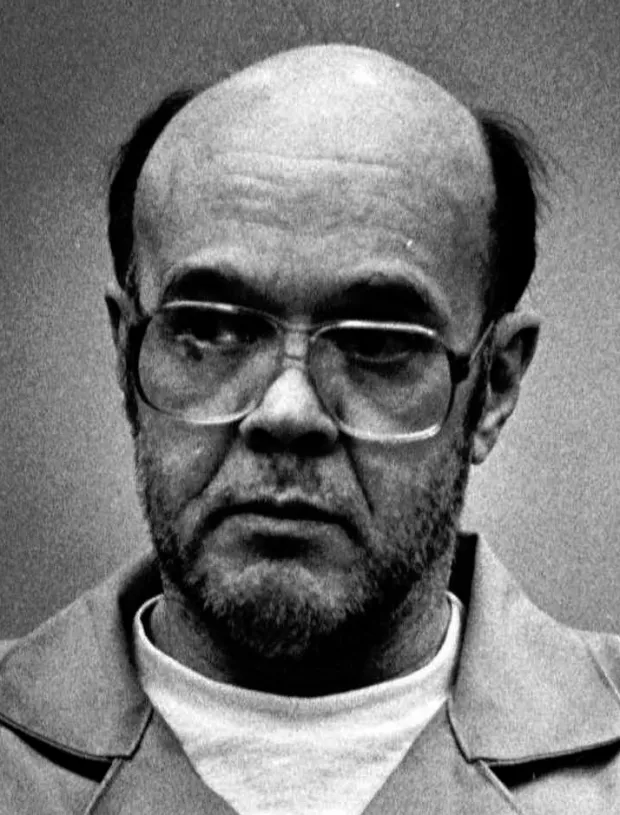






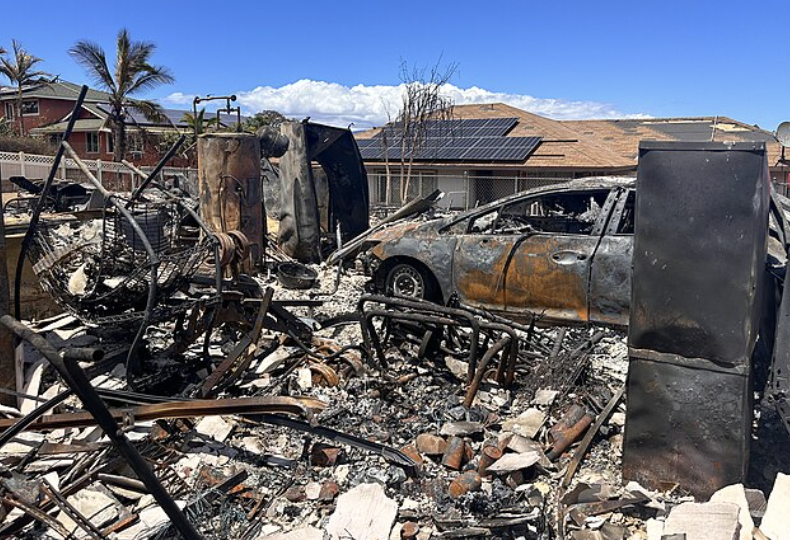

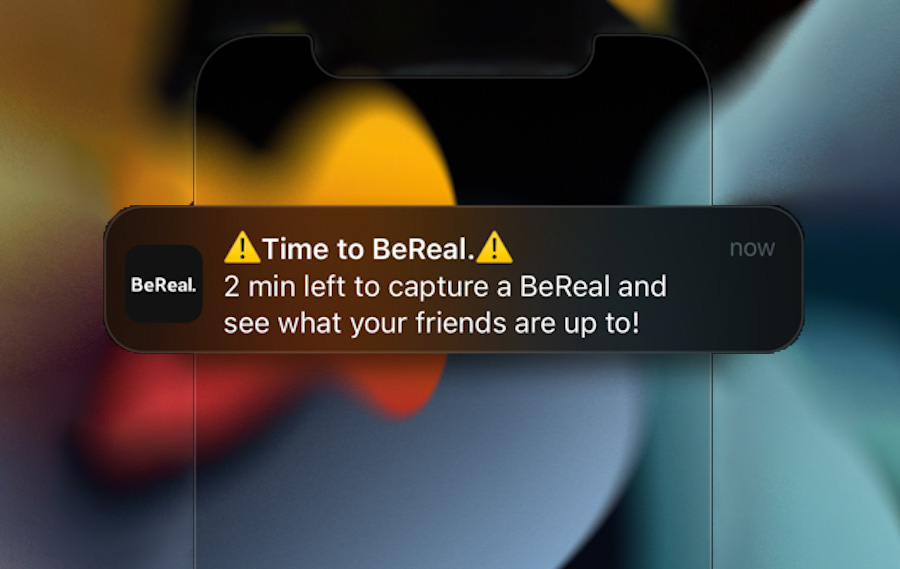





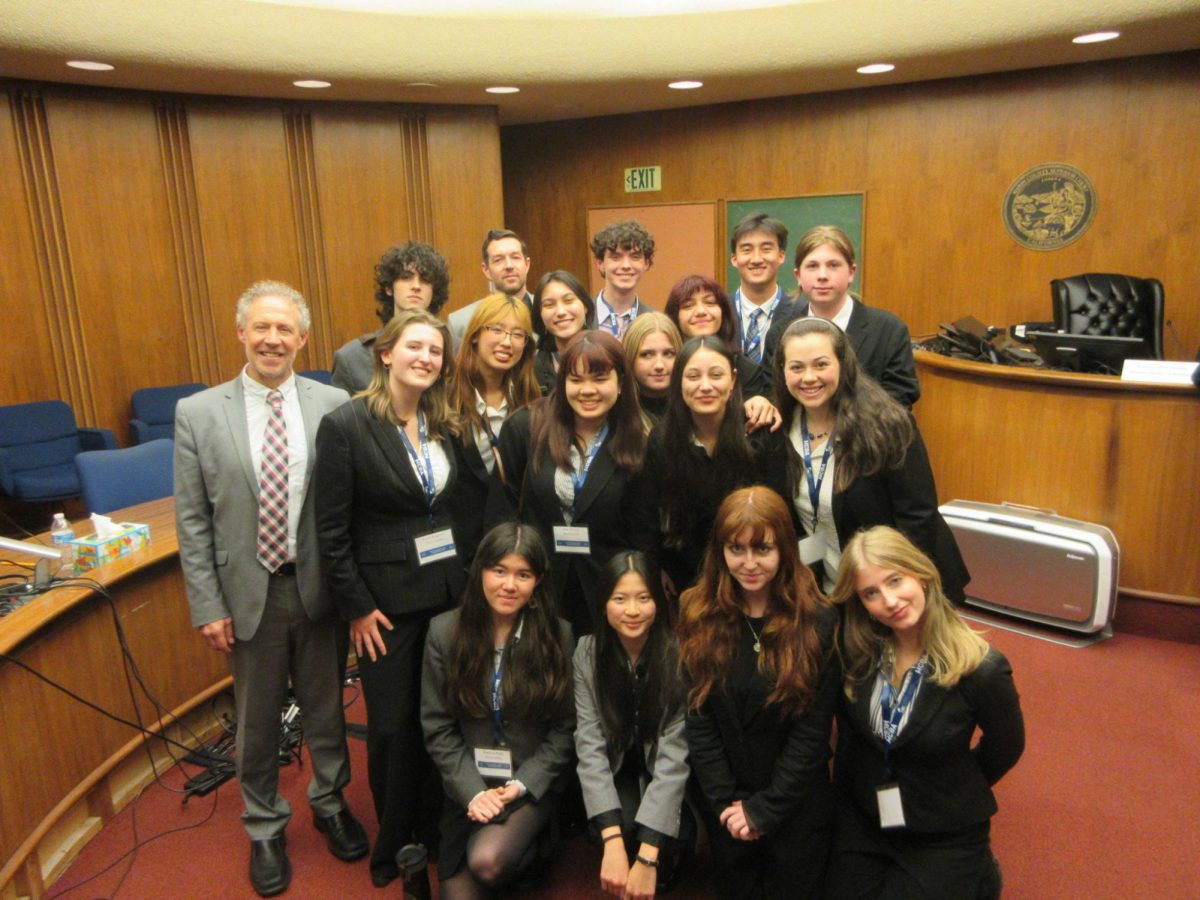





















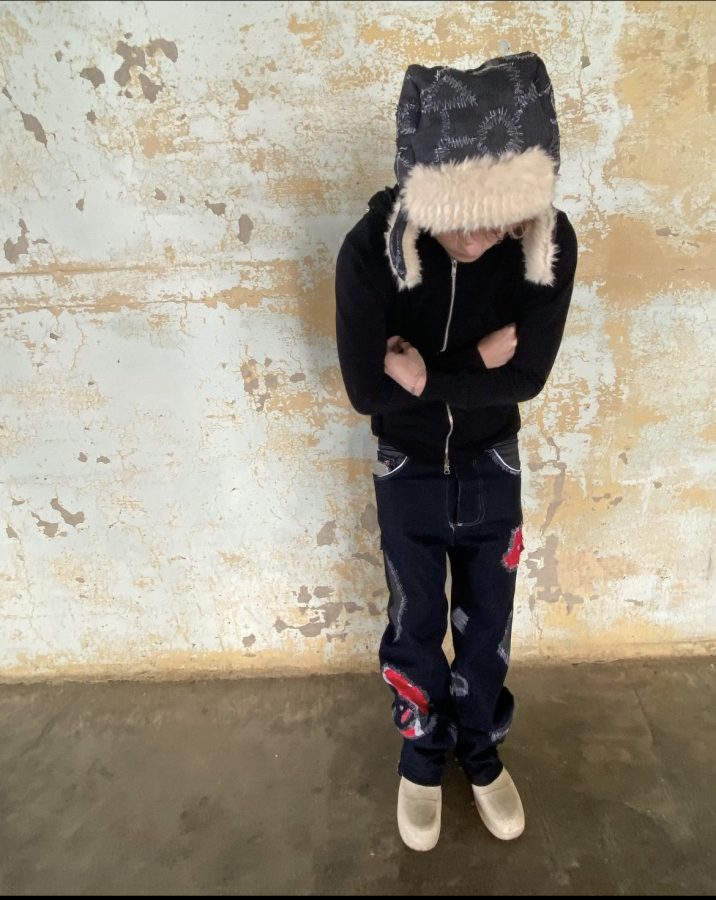


















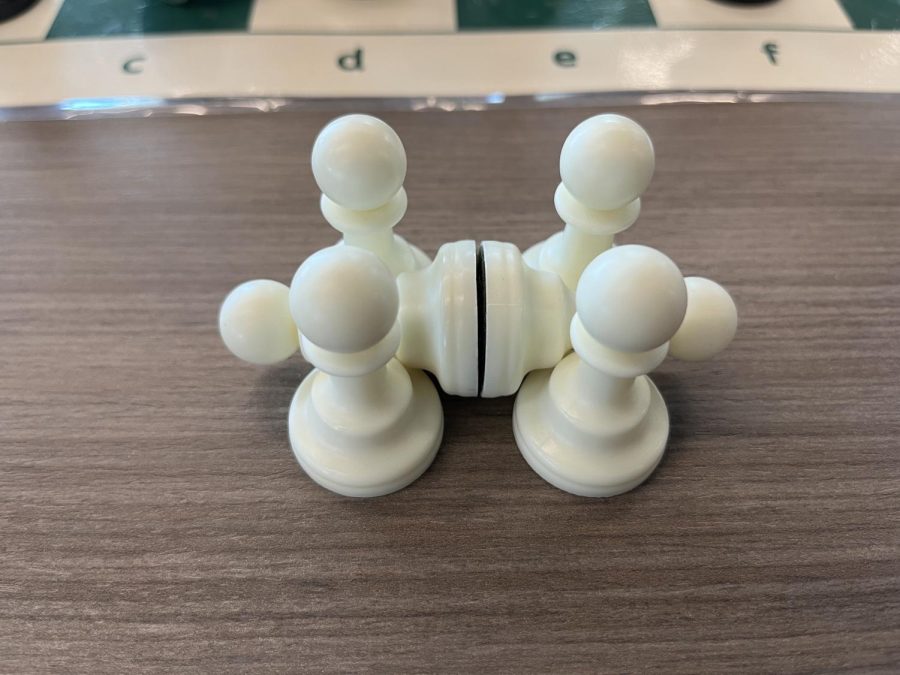



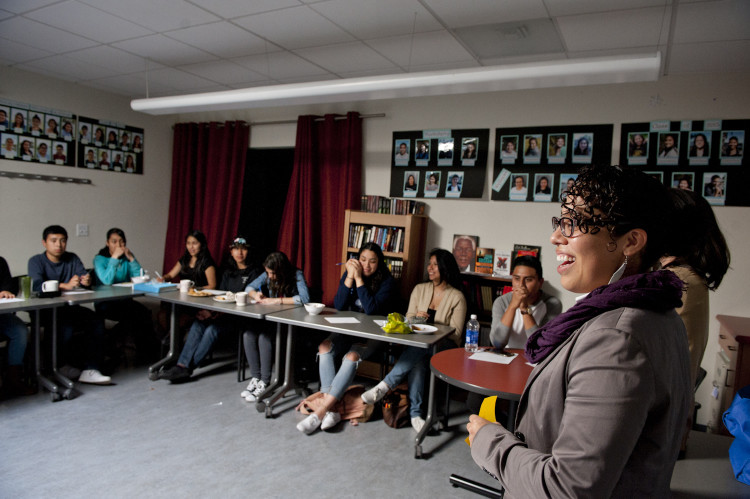




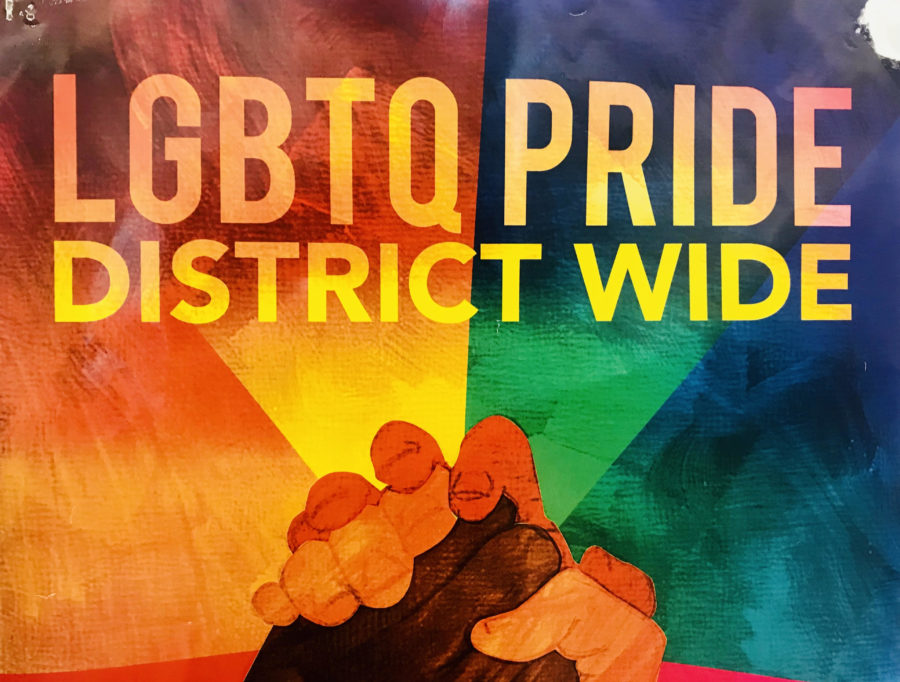


















Epicurus • Dec 11, 2015 at 10:22 am
“Is God willing to prevent evil, but not able?
Then he is not omnipotent.
Is he able, but not willing?
Then he is malevolent.
Is he both able and willing?
Then whence cometh evil?
Is he neither able nor willing?
Then why call him God?”
Julietta Saccardi • Dec 10, 2015 at 4:05 pm
So refreshing to see someone speak up to religion. Especially with the presidential election coming up, I feel it’s really important that people have a variety of opinions on religion, to make sure that one particular religion does not become affiliated with people’s political values!!! Thank you for speaking your mind!
Cristian Preciado • Dec 4, 2015 at 11:51 am
I really like this! I really like how you took a risk at writing about something controversial.
Adriana Babicz • Dec 4, 2015 at 11:43 am
This is a great opinion on a very controversial topic. I appreciate your confidence to speak your mind! 🙂
God • Nov 9, 2015 at 11:23 am
Sessi I’ll get you back for this….